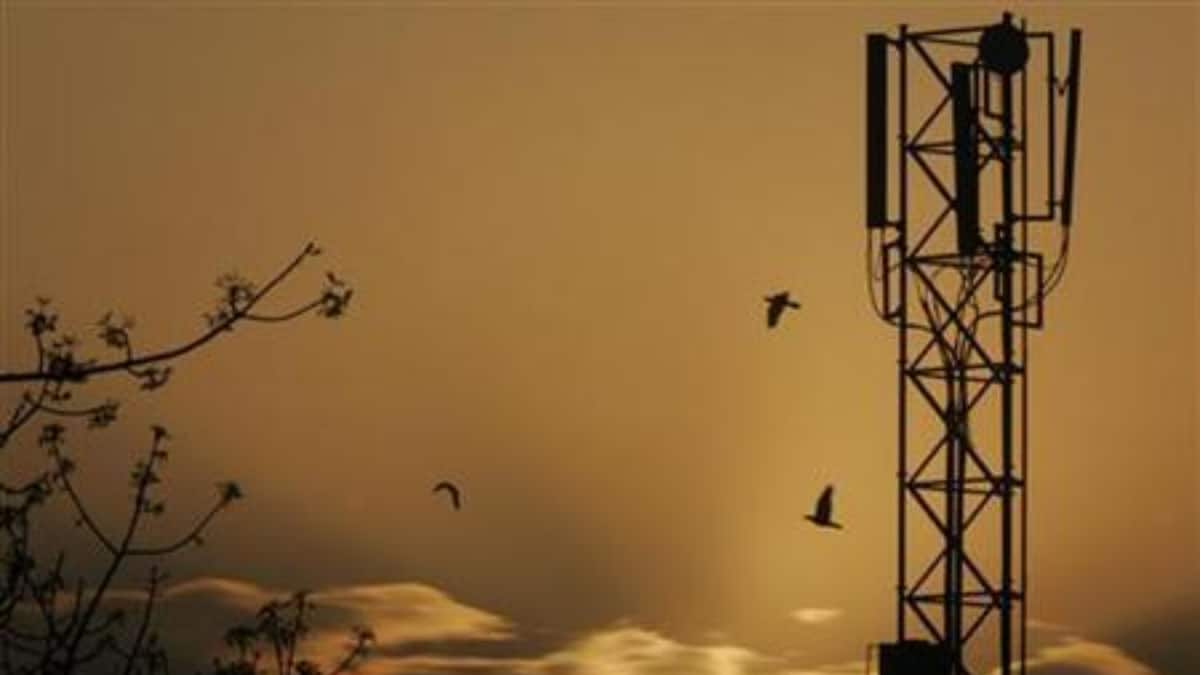Telcos may file review plea in SC on licence fee issue
Telecom operators who have been hit by an adverse judicial pronouncement relating to treatment of licence fee as capex instead of revenue expenditure, are likely to file a review petition in the Supreme Court. This will be on on the lines of the adjusted gross revenue (AGR) matter, where also they were hit by a adverse ruling in October, 2019.
They are also likely to seek clarity from the apex court whether the applicability of this order will be on retrospective basis (1999 onwards) or on the renewed licence period. A clarity is required here because some analysts feel that since the SC has given a view on the principle behind the taxation it should apply retrospectively.
For operators, which have completed the initial 20 years of the licence, the past tax shortfall would likely pertain only to the difference in payment timing and change in tax rate. However, there could be a significant impact of tax shortfall if the telecom operator concerned is still to complete the initial 20-year licence period or for the period after licence renewal, analysts at Kotak Institutional Equities.
Operators like Reliance Jio and Bharti Airtel would have to pay about Rs 15,000 crore in taxes, according to industry estimates. For Bharti Airtel, the amount (excluding the penalty) is expected to be Rs 6,000 crore for 2020-2023 period, whereas the same for Jio is expected to be Rs 8,500 crore from 2017-2023 period, according to estimates by Kotak Institutional Equities.
Currently, telecom operators treat licence fees as an expense also called revenue expenditure, which in a way lowers the net income and therefore lowers taxation amount. However, after the judgment, the licence fee would have to be treated as a capital expense, with a provision for amortisation of
the licence fee over the licence period.
The accounting change would lead to removal of licence fee from expenses and that would lead to higher operating profits. This would affect the cashflows as there will be a higher tax outgo initially. The difference between the two systems would lead to a tax shortfall for some years along with applicable penalties, analysts said.
“We note that change in treatment of licence fees paid from revenue to capital expenditure could lead to accrual of higher taxes in the initial period of the licence but potentially offset in later years
through higher depreciation and amortisation (D&A) charges,” Jefferies said in its report.
“So over a period of 20 years (the term of the licence period), it may get offset, although there could be some impact on NPV (net present value) given up-fronting of higher taxes in the initial period,” it added.
Offset against higher depreciation and amortisation charges mean that as per accounting rules, a company incurring capital expenditure on acquiring assets, etc, has to also include depreciation and amortisation value of that asset over the years in the profit and loss (P&L) statement. Therefore, in the absence of a licence fee under expenses, the tax liability impact can be net-off against the depreciation and amortisation (on licence fee) in P&L.
The Supreme Court on Monday held that the licence fee paid by them post July 1999 period should be treated as a capital expenditure and not as a revenue expenditure.
As per the National Telecom Policy 1999, telecom operators had to pay a one-time licence fee to start operations, along with a yearly licence fee based on their annual turnover. This was in contrast to the earlier policy, wherein they had to pay licence fee in one go.
Since operators usually defer the payment of licence fee or pay them in installments, the SC said the same does not change the nature of a capital expenditure into a revenue expenditure.
With its ruling, the Supreme Court overturned the Delhi High Court order of 2013 that had held that such payments should be partly treated as revenue expenditure and partly as capital expenditure – pre-1999 and post that year – which suited the operators.
